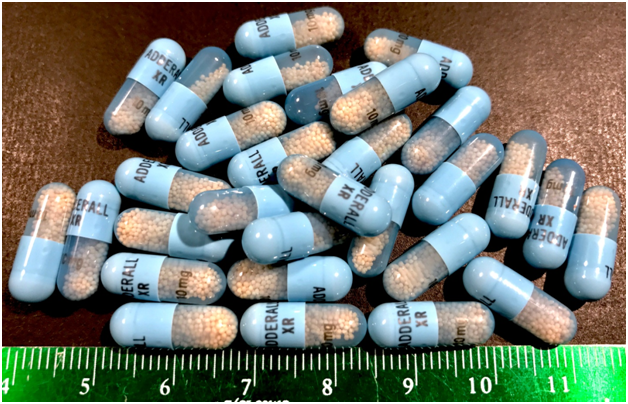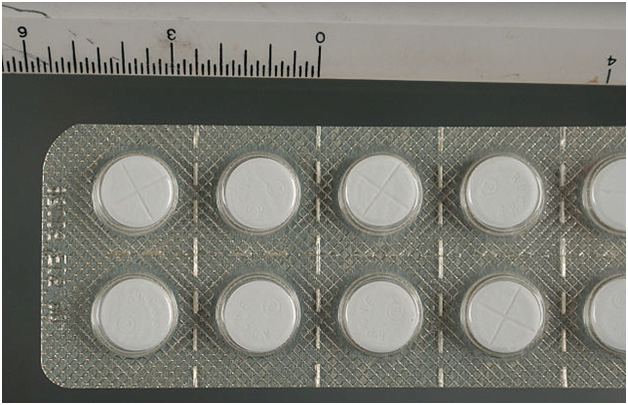A new cancer immunotherapy drug and diabetic retinopathy drug developed by Roche’s Genentech unit have been approval by the FDA.

Early approval
Tecentriq (atezolizumab), the cancer immunotherapy, gained approval for certain bladder cancer patients, while Lucentis (ranibizumab) has the green light for diabetic retinopathy.
Patients with metastatic or locally advanced urothelial carcinoma (mUC) who are ineligible for cisplatin chemotherapy will now be able to be treated with Tecentriq, the first type of immunotherapy to be approved for this use. The drug works by targeting proteins found in the body’s immune cells and certain cancer cells, helping the immune system attack cancer cells. The approval comes after two previous approvals in certain patients suffering metastatic lung cancer and urothelial carcinoma after platinum-containing chemotherapy. It was based on a cohort of patients from the IMvigor210 study, which looked at objective response rate and the duration of response.
Further data
Because the approval is based on early data which was filed with the FDA in January, Roche must now verify Tecentriq’s efficacy with later stage data. The FDA says that most drugs which undergo preclinical testing never make it to human testing and review. Those that do have to undergo a rigorous evaluation process which looks at everything about the drug, including the design of clinical trials.

Most pharmaceutical companies will use experienced agencies which carry out clinical studies that pay to ensure their clinical trials are effective. These agencies, such as http://www.trials4us.co.uk/ help them get through approval quickly and effectively.
If the extra data meets approval for use in multiple cancers, Tecentriq is expected to become huge and could lead to sales worth billions for Roche because it will have a variety of different uses and possible combinations with other types of therapy.
In a separate decision, Roche’s already established Lucentis, which was approved for people with diabetic macular oedema (DME) in 2015, has now been given approval to treat all forms of diabetic retinopathy. This means it can be used to treat people who have been diagnosed with DME or without it, thanks to a study funded by the US National Institutes of
Health.
Lucentis was developed by the pharmaceutical giant’s Genentech unit, which holds the US marketing rights. Novartis is responsible for marketing the drug in the rest of the world.
